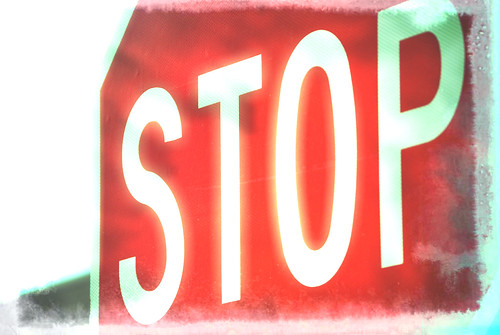Spite vs Spirit In Social Media

The death of Hannah Smith, a young girl apparently driven to suicide by anonymous bullying on ask.fm, is the latest tragedy in a list of ‘Deaths Caused by Social Media’.
In a week dominated by similar headlines (Mary Beard is sent rape and death threats online by Twitter ‘trolls’, a Dispatches expose results in '#FakeFans' trending, Coronation Street stars get their wrists slapped for accepting free goods in exchange for a tweet) Hannah's story speaks directly to a growing social angst.
It looks like social media needs a little reputation management itself.
In the words of Sgt. Oddball, “Why don’t you knock it off with them negative waves?”
Social media can be a force for good.
Yes, it was associated with the organisation of the London riots in 2011, but it was also instrumental in the clean up (the Twitter handle @Riotcleanup amassed more than 50,000 followers in fewer than 10 hours and resulted in volunteer clean ups springing up all over the capital, often hundreds of people strong). The hashtag #riotcleanup prompted the registration of riotcleanup.co.uk, a static page that collated information about clean up operations. It was started by a concerned non-Londoner:
I was sitting at home following the #londonriots hashtag — then I saw #riotcleanup start to appear. I am not in London, but wanted to do something.
Meanwhile, Tumblr played host to "Catch A Looter", an effort to catch and prosecute looters by accepting and posting images of suspects for identification.
You don’t need to be a social media monitoring expert to be aware of the gratitude that appears all over the social media space daily. Film Director Brett Ratner, for example, lost his dog, Lucky (oh, the irony) and sent out an alert:
Please help find my dog Lucky? He was lost in Beverly Hills! http://t.co/tamUUYBYHe
— Brett Ratner (@BrettRatner) August 5, 2013
A day later, he was located and the pair were reunited. Ratner thanked his small army of followers for their help.
While its commonplace to see a celebrity ‘overcome’ by the love and backing they receive from fans, what about those without such an expansive fanbase?
Well, there’s the case of Alice Pyne, the 15-year-old girl with Hodgkin’s lymphoma, who created a ‘bucket list’ of things to do before she died. Within three days of being mentioned during Prime Minister’s Questions, #alicebucketlist was the third most discussed term in the world. Having listed her 17 to-do items on her blog - which included having a photoshoot and meeting Take That - many of her wishes came true.
The very notion of an @mention on Twitter is to give a ‘shout-out’ to another user, while Facebook, Pinterest and Instagram use their online vocabulary to keep discussion in the realm of the positive (‘likes’ and ‘friends’, for example).
Trolls are therefore the minority in a social playground of the well-behaved and good intentioned. As I write, a Facebook petition against online bullying already has 45,000 likes.
So for me the lesson is that social media's positivity must be remembered.
Let’s not ignore all the thanks, the community spirit and the genuine conversations.
Photo credit (cc) Steve Johnson


